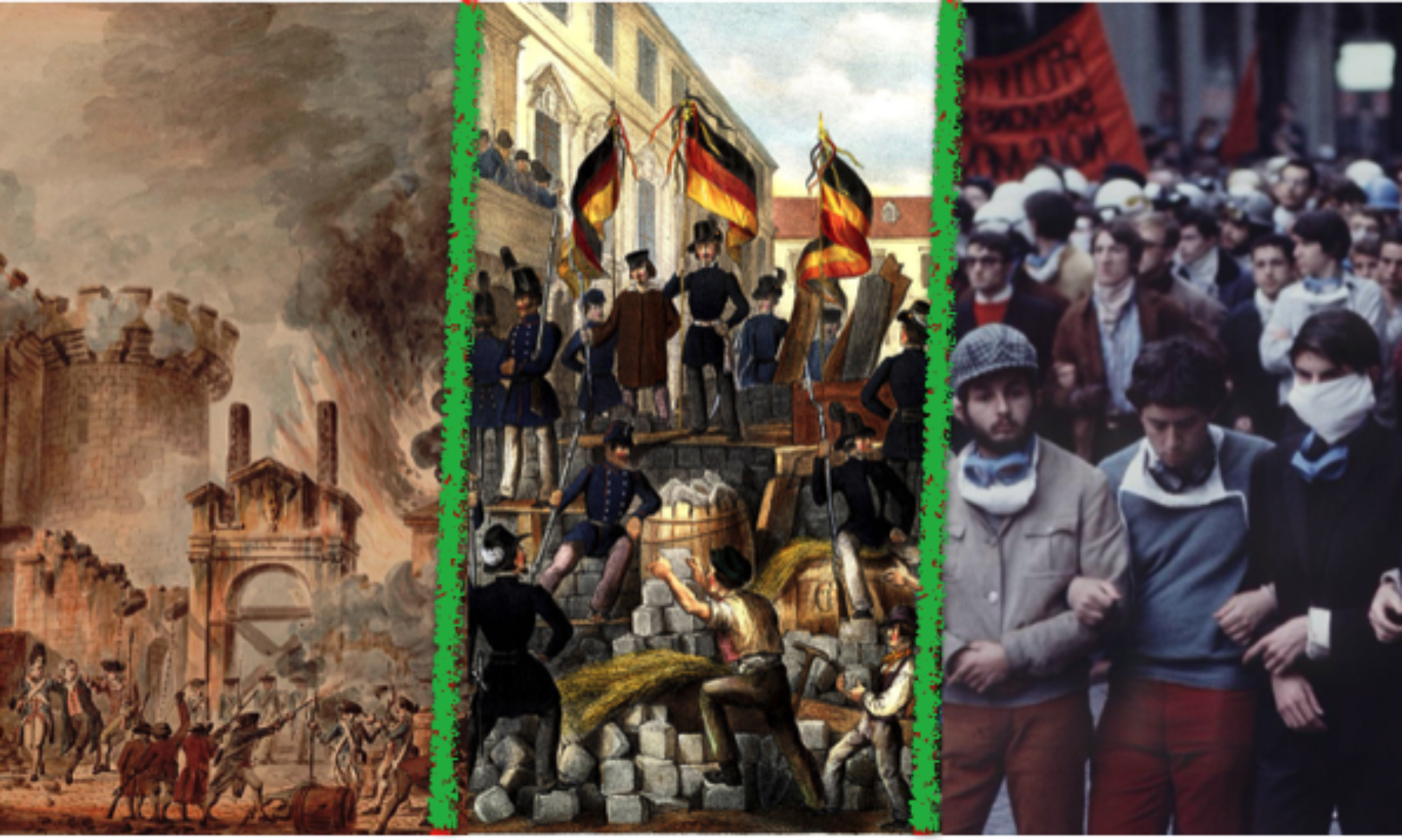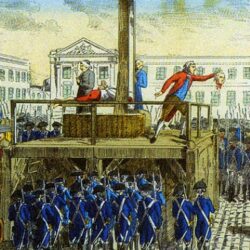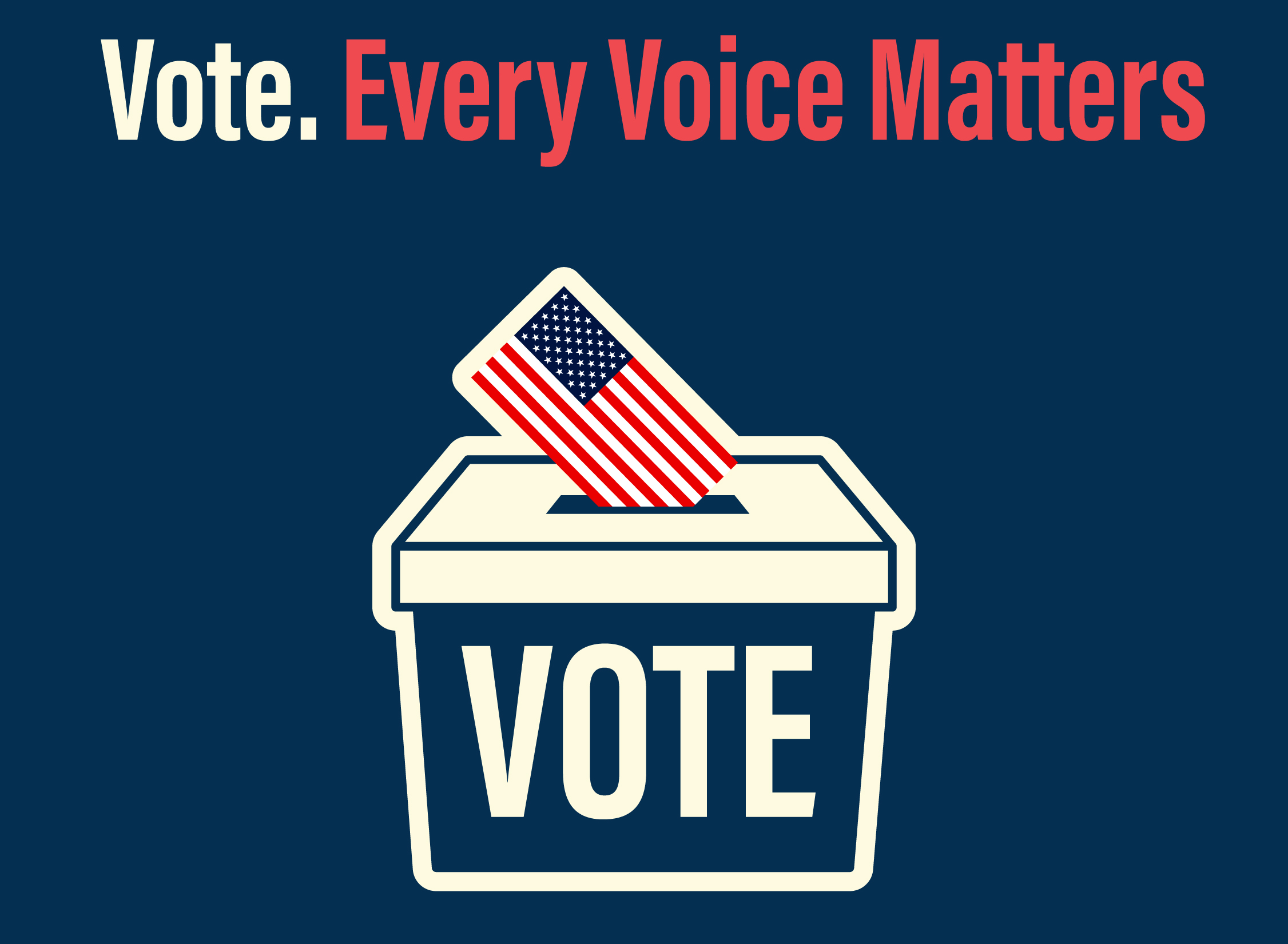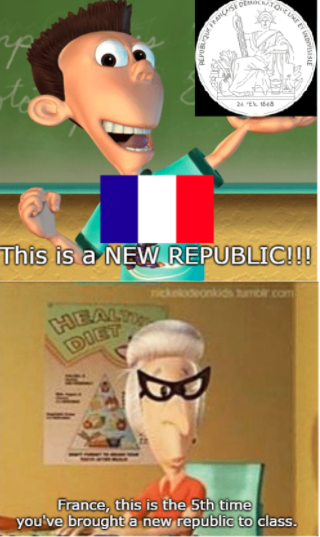“The role training, the instilled sense of inferiority and the contradiction between her own expectations and the claims of society produce in her the guilty feeling of never satisfying the demands placed upon her. She must choose between alternatives which in each instance mean a foregoing of vital needs” (308).
We touched on gender roles briefly during the French Revolution, and we are touching on them briefly now. During the French Revolution, women were relegated to raising strong, fair, enlightened citizens: sons who would fight and daughter who would sew (*eyeroll emoji here*). According to the text, these gender roles were standing strong in 1968 . How do you feel about this change demanding rhetoric? Moreover, how do you feel about the act of throwing tomatoes?
Does knowing that the tomatoes were on hand because of a pregnancy craving make the story better for you? It does for me.





